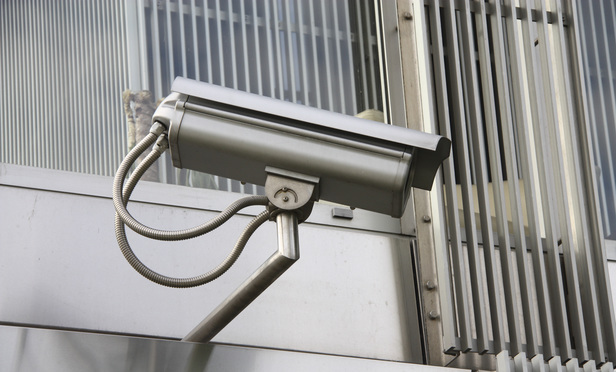Employers conducting internal investigations often seek to keep the information they obtain confidential for a variety of reasons. Employers may be concerned that they will lose control of the process, witness credibility may be affected by employee disclosures, witness intimidation may occur, someone may improperly use confidential information discovered during the investigation, or someone will report conduct externally before the employer can collect all of the relevant evidence and information. Employees may also fear retaliation when they participate in an investigation, and the promise of confidentiality encourages employees to come forward. Indeed, Equal Employment Opportunity Commission (EEOC) enforcement guidance instructs employers to protect the confidentiality of harassment allegations to the extent possible.
Employers’ right to keep internal investigations confidential, however, has been challenged in recent years by the National Labor Relations Board (NLRB). The NLRB has ruled that blanket policies prohibiting employees from discussing information learned or provided in connection with internal investigations are unlawful. As a result, employers must now balance their duty to promptly investigate and correct alleged workplace wrongs with their obligation not to interfere with employees’ rights to engage in concerted activities. Importantly, this prohibition applies equally to unionized and non-unionized settings, and the NLRB is increasingly seeking to protect the Section 7 rights of employees to engage in concerted activities in non-unionized settings.



